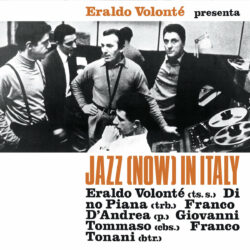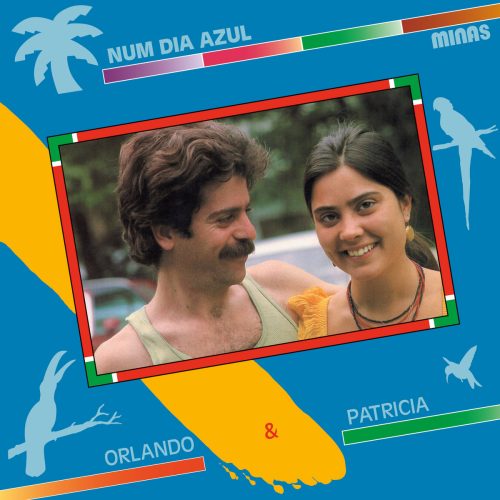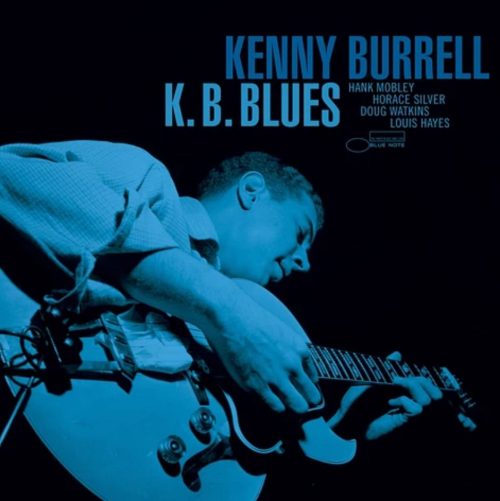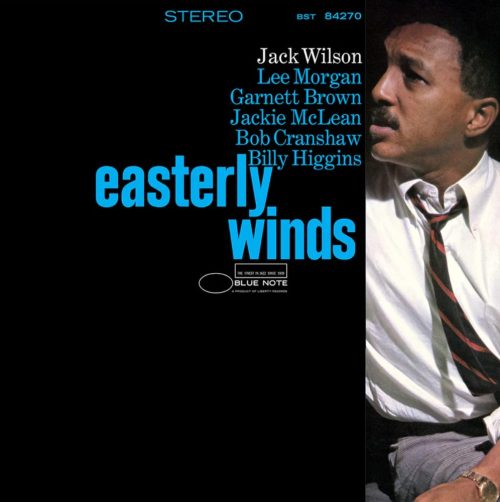Jazz (Now) In Italy
Label: Schema Rearward
Genre: Jazz
$34.99
Out of stock
At the Jazz Festival which took place in Sanremo in March ’66, out of the seven bands present only one was Italian; that is of course if you exclude Guido Manusardi, an Italian pianist that has been living in Sweden for years. What I’m talking about is Franco D’Andrea’s piano trio with Giorgio Azzolini and Franco Tonani: an excellent trio that I think would have been able to obtain a bigger interest if Eraldo Volontè and Dino Piana had been added to these three excellent musicians. I say this for the simple reason that listening to this record, two or three days after the end of the festival, opened up a new view to me, so to speak. Italian jazz is a really strange thing. Basically it has never existed. From 1925 to now the number of good jazz records that have been made in Italy is only about 100, but nevertheless Italy has always had excellent musicians. To confirm what I have said, all you would need to do is listen to the latest record by Eraldo Volontè, Dino Piana, Franco D’Andrea, Giovanni Tommaso, and Franco Tonani, who are only five out of all of our greatest musicians. Today, if it’s possible to count on a group of musicians in Italy, even if restricted, whose product is always one of high quality, it is mainly owed to them and a few others. If I’m not mistaken Eraldo Volontè has been active since 1946 or ’47 and has had the most varied experiences by following an evolution that went hand in hand with the evolution of jazz. But Volontè’s “suonar moderno”(modern play) has never been forced, and he is no longer the musician that must be la page “at any cost”, because sooner or later it would come out in the open. Volontè is a musician of merit, that deeply “feels” jazz and has a style of his own. In fact I re-listened to a part of the records that Volontè has influenced since 1947 and today I discovered that there exists a foundation that he never moved away from during his evolution. There exists a man with a well defined personality. The rhythmic D’Andrea, Tommaso, and Tonani seem to me to be probably the greatest musicians that Italian jazz can count on today. The third track on side one: “Tale” one of Volontè’s compositions, fully demonstrates this. The three tracks on side two: “Ornette”, “Explorable”, and “Mr. Arpo” dedicated to Arrigo Polillo, are performed in a quintet. In fact, Dino Piana joined in with Volontè, D’Andrea, Tommaso, and Tonani. Piana, as everyone knows, is a product of the radio. It was discovered, in fact, with the first edition of “Coppa del Jazz” (The Jazz Cup) and it was greatly merited to that transmission. Adriano Mazzoletti Eraldo Volontè is a veteran of Italian jazz: he is one of those characters that are always seen wherever there is good jazz to play or listen to. With a difference from many pioneers, however, Volontè has never lost even a shred of his enthusiasm, even if he has been playing professionally for more than a quarter of a century and like almost all of his colleagues, in Italy, has had to adapt and be part of an infinite number of bands playing all types of music. His enthusiasm has kept him young, alive, very alert towards all that happens around him, and it has allowed him to continuously perfect himself, and to refresh his own stile: so much so that today this Milanese saxophone player can easily boast to still be one of the top musicians – that is, one of the most modern, and most up to date musicians of Italian jazz. His 33 r.p.m. eloquently demonstrates this to be true. In these six tracks, almost all of which are composed by him, Volontè gives the best of himself, both as an instrumentalist (on the tenor and soprano sax) and as a leader, by demonstrating that the level reached by our best jazz musicians is most likely envied by very many others outside of Italy. For the recording of this piece, this Milanese sax player brought together again some of the most brilliant Italian soloists: the trombonist Dino Piana, the pianist Franco D’Andrea, the double bassist Giovanni Tommaso, and the drummer Franco Tonani, all of whom came to a perfect understanding straight away despite the difficulty of the tasks given to them by Volontè. What did they want to do? That was soon answered: they wanted to play good moderns style jazz, but not without some audacious trespassing into the territory of the so called “free jazz”, and without ever losing themselves in pondered complexities at the draft board. And although they often reminded themselves of the teachings of the great leaders of contemporary jazz (one of the tracks, Ornette, wishes indeed to be a homage to one of these leaders), they have never played any imitation jazz, as often happens in Europe, even when soloists of great class are on the scene. We have mentioned a track, Ornette: it is one of the happiest of this bunch, for the taste and the intelligence with which the Coleman style music is relived and re-suggested, in new and original forms; right after this we would like to remember the absolutely unprejudiced interpretation of a popular ballad from many years ago: Flamingo. But one could keep on mentioning one after another, all of the other pieces contained in this record, each one of which represents something different, something fresh, and something necessary. In front of the commitment that was required of them by the compositions, by the complex harmonies and more generally, by the musical theories of these pieces, all of the five soloists have achieved excellent results. By listening to them, one guesses how they must have been happy to have met each other in the recording room and to have understood one another perfectly. So much so that one hopes that other encounters will be able to follow this one, which has allowed the realization of one of the most mature and significant records recorded in Italy so far. Arrigo Polillo





